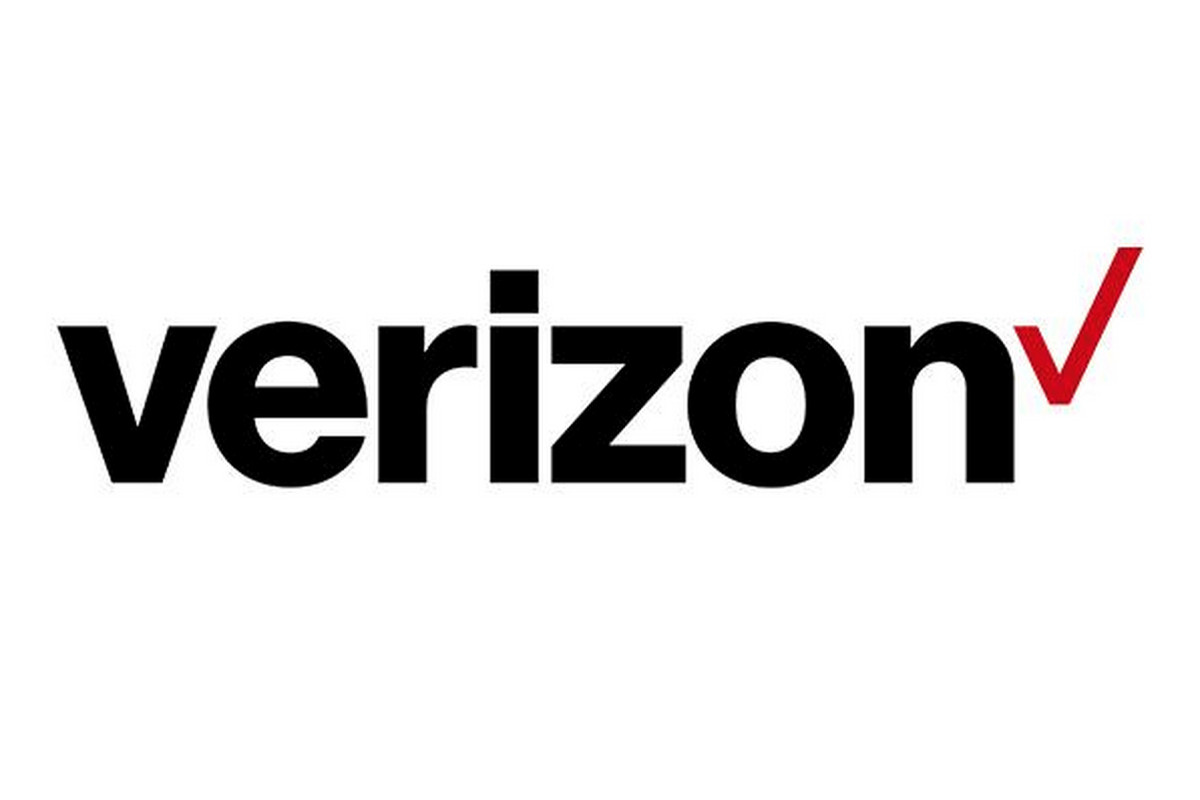
What is the Rap Research Lab?
Rap Research Lab is a creative technology studio and research hub at the intersection of popular language, data analytics, and community learning. We equip communities most affected by digital technologies with the tools to navigate, critique, and shape them. Through educational programs, artistic projects, and research initiatives, we create pathways for tech literacy, cultural expression, and algorithmic integrity.

Language as technology.
We have found rap lyrics to be a highly productive foundation for exploring distinctions between art and commerce, bias from reasoned judgement, and the real from the fake. Misinformation, ignorance and black box code have been major constraints to literacy in politics and language —making it harder for people to understand how knowledge and info work.

Rap Almanac Database
The Rap Almanac is the world’s largest, and ever-growing, Hiphop database, a research data archive that uses natural language processing analysis and associated data - such as artist name, song title, release date, geolocation, lyric content, sentiment analysis and rhyme pattern - from over 500,000 Hiphop songs from 1979 to the present day.
Mapper’s Delight XR
Mapper's Delight is a virtual and augmented reality, sculptural data visualization and collaboration tool built on semantic relationships of hundreds of thousands of rap lyrics. It shows how rappers cover the globe with references to cities, neighborhoods and regions, using augmented and virtual reality to put music and language at your fingertips.
TOURING EXHIBITION
Rap Almanac: The Science Behind the Sound is an evolving exhibition that explores how data-driven analysis of hip-hop lyrics unveils hidden aesthetics—deeply connected to music yet existing beyond sound.
Data as community.
A community should own its own data. Our community data projects use aesthetics to start a critical dialog among those who consider themselves part of or connected to the demographic groups that live with and through rap lyrics. The Rap Research Lab provides a means to approach rap music as searchable and categorizable data, thereby disentangling its form, content, delivery and performance.

Data Memory Lab
Data Memory Lab is a public, collaborative, open source community data project that engages digital humanities and the arts to catalyze critical discourse through the production of dialogue, monographs, works on paper, data sculpture, and data sonification.
playtest
playtest is an Innovative platform for exploring technology, creativity, and community through immersive experiences and collaborative experimentation.
Implications of a Rap Neural Network
Every Day Seems Like Murder Here: Implications of a Rap Neural Network makes use of three large databases to ask when and how one person’s lyric become another’s crime, and provide an interactive means of exploring the dynamics of the bias and stereotyping that makes this transformation possible.
Mission.

Rap Research Lab (RRL) is a community-based creative technology studio that uses a Hiphop framework to develop new ways for people to engage with data and culture. RRL builds on Hiphop’s legacy as a transformative and innovative genre that revolutionized global cultural practices by creating tools that playfully transform data engagement.
RRL has created the world’s largest, and ever-growing, Hiphop database, a research data archive that uses natural language processing analysis and associated data - such as artist name, song title, release date, geolocation, lyric content, sentiment analysis and rhyme pattern - from over 500,000 Hiphop songs from 1979 to the present day.
RRL is pioneering new, 21st century digital forms by harnessing big data, artificial intelligence, robotics, natural language processing, and social networks to create opportunities for cultural research, creative competition, individual expression, and collaborative problem solving. With wide use, our platforms reconstruct how the public understands, visualizes and engages data networks, and ignites student interest in STEM careers.
Stakeholder List
RRL’s strategic partnerships create opportunities to advance innovation in art, scholarship and public engagement. We are proud to include Eyebeam Art + Technology, Creative Capital Foundation, Saul Zaentz Innovation Fund in Film & Media at Johns Hopkins University, LACMA Art + Technology Lab, The John F. Kennedy Center for the Performing Arts, Autodesk, Spotify, W. E. B. Du Bois Research Institute at Harvard University, Verizon Innovative Learning and New York City Department of Parks and Recreation among our partners.
Allies: These are artists, co-collaborators, community members and other individuals who support, engage, observe and document the concepts and broader conceptual aims of Rap Research Lab.
Community engagement institutions: These would include schools, museums, libraries, and arts and culture organizations who embrace and engage Hip-hop culture’s unique means of connecting art and technology, expressing literary practices and facilitating new approaches to cultural studies and social justice research–especially where youth are concerned and able to take leadership positions.
Educators: These stakeholders implement, adapt and adopt Rap Research Lab curriculum and are key actors in the deployment, evaluation and evolution of the educator toolkit.
Mentors: These individuals design, assess and grow the Rap Research Lab effort, taking a higher-altitude view of the work being done by educators and tracking it against the goals of the program. They facilitate the learning and instruction process and are responsible for capacity assessments, professional development, and curriculum adaptation during project implementation.
Rap Research Lab Stakeholder List
Research associates are active and/or published researchers who focus on hip-hop culture as subject literature and have a specific interest in supporting, engaging, observing, documenting or contributing to the Rap Research Lab community data project’s pedagogy.
Student participants: come to the Rap Research Lab project through an independent interest or being part of an educator’s community of learners.
Project Managers: These stakeholders are responsible for the global implementation of the project. They may be “stand-alone” professionals or participating in a joint role as educators, mentors, or representatives of community engagement institutions.
Visiting collaborators support, engage, observe and document the Rap Research Lab project in a role that accommodates those who do not directly fit into other established stakeholder categories. This stakeholder position is extended to future audiences who will interact with the co-created outputs from this ongoing work through their own personal or collective research methods.
Partners
Impact.

The Rap Research Lab serves as a catalyst for creative exploration, technological innovation, and educational empowerment. Our work examines the long-term impact of STEM-focused initiatives by inspiring participants to pursue careers in these fields, fostering their sense of identity and connection within STEM, and enhancing their ability to critically engage with new technologies.
Rooted in the collaborative ethos of Hip-Hop, the Lab operates within a dynamic framework for creation, learning, and distribution. By fostering spaces for spontaneous sharing and collective creativity, we empower creative technologists, artists, educators, and community leaders to co-create unique educational experiences.

Let’s Build
Join a movement where technology meets culture.
Developers, power your apps with dynamic hip hop data. Researchers, explore new dimensions of cultural influence through rap’s lyrical depth. Educators, bring engaging, relevant content to your classrooms.
Let’s create, innovate, and inspire—together.
“
October 2019
Though digital technology is already a huge part of these students’ lives — Mapper’s Delight is a unique opportunity for them to not only get a glimpse of the future, but to expect the future to combine innovation and cultural relevance.
Global Citizen / Read Full Article
“
January 2019
As artist in the archive, my goal has been to pressure the idea of the Library as a neutral space, and to complicate its role as a public monument and holder of public memory.
Library of Congress / Read Full Article
“
August 2017
Hip Hop Word Count author Tahir Hemphill realized that archiving rap lyrics would allow a greater ability to study their changing meaning and discover what they’ve been capturing about the culture since the 1970s.
MIT Open Documentary Lab / Read Full Article
“
November 2018
Data Needs Memory describes the process of adding the qualitative back to the quantitative; with the purpose of giving life to the stories these data were meant to be at the service of.
playtest / Read Full Article
“
June 2015
Hip-hop isn’t rap, graffiti, DJing and b-boying/b-girling; hip-hop culture created rap, graffiti, DJing and b-boying/b-girling. In the beginning, hip-hop records did not exist; there was the DJ who applied a hip-hop framework to playing soul, rhythm & blues and rock & roll records, and this gave rise to a new artform.
NYU ITP / Read Full Article
“
May 2013
I make projects that integrate and synthesize meaning out of apparently divergent collections. My research interests are centered on the process of archiving the subjective. - Tahir Hemphill



















